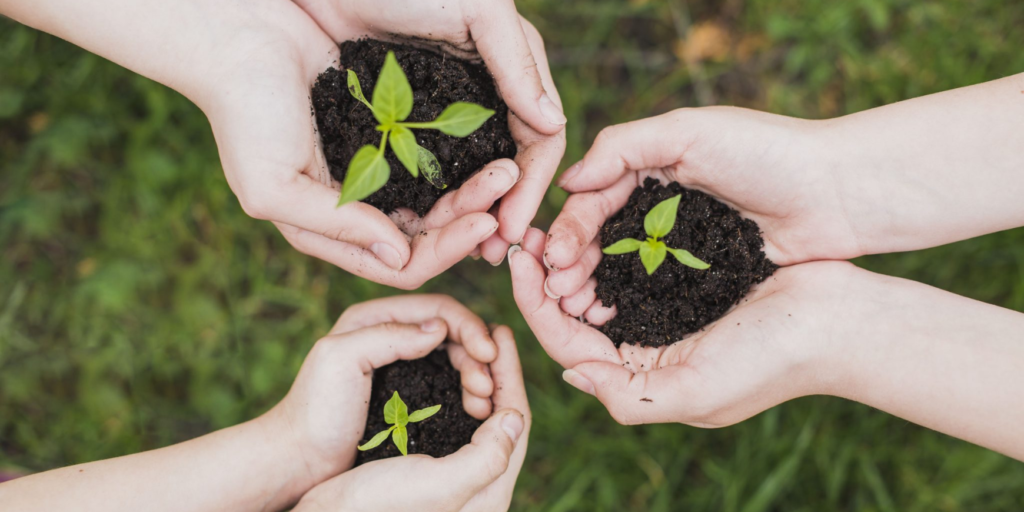Taking good care of the environment is crucial for the well-being of our planet and future generations. Here are some practical steps you can take to contribute to environmental conservation:
Reduce, Reuse, and Recycle:
Minimize waste by practicing the 3 R’s. Reduce your consumption of single-use items, reuse products whenever possible, and recycle materials such as paper, plastic, glass, and metal.
Conserve Water:
Be mindful of your water usage by fixing leaks, using water-efficient appliances, and taking shorter showers. Collect rainwater for gardening and avoid unnecessary water wastage.
Conserve Energy:
Opt for energy-efficient appliances and light bulbs, turn off lights and electronics when not in use, and unplug chargers when they’re not actively charging.
Choose Sustainable Transportation:
Whenever feasible, walk, bike, or use public transportation instead of driving alone in a car. If you do drive, carpool, or consider using electric or hybrid vehicles.
Plant Trees and Support Green Spaces:
Trees play a vital role in absorbing carbon dioxide and producing oxygen. Participate in tree-planting initiatives and support local conservation organizations. If possible, create a small garden or grow plants indoors to improve air quality.
Minimize Chemical Usage:
Reduce the use of harmful chemicals in your household and opt for eco-friendly alternatives. Use natural cleaning products, minimize pesticide and herbicide usage, and choose organic options when purchasing food.
Support Sustainable Products:
Choose products that are eco-friendly, ethically produced, and made from sustainable materials. Look for certifications such as Fairtrade, Rainforest Alliance, and Forest Stewardship Council (FSC) labels.
Educate Yourself and Others:
Stay informed about environmental issues, climate change, and conservation efforts. Share your knowledge with others and encourage them to adopt sustainable practices as well.
Reduce Meat Consumption:
Animal agriculture has a significant impact on the environment. Consider reducing your meat consumption and explore plant-based alternatives. Eating locally sourced and organic food can also reduce your carbon footprint.
Get Involved:
Engage in local environmental initiatives, join community groups, or volunteer for environmental organizations. Support policies and initiatives that promote sustainability and advocate for positive change.
Remember, every small action can make a difference when it comes to environmental conservation. By adopting sustainable habits and encouraging others to do the same, we can collectively contribute to a healthier and more sustainable future.

